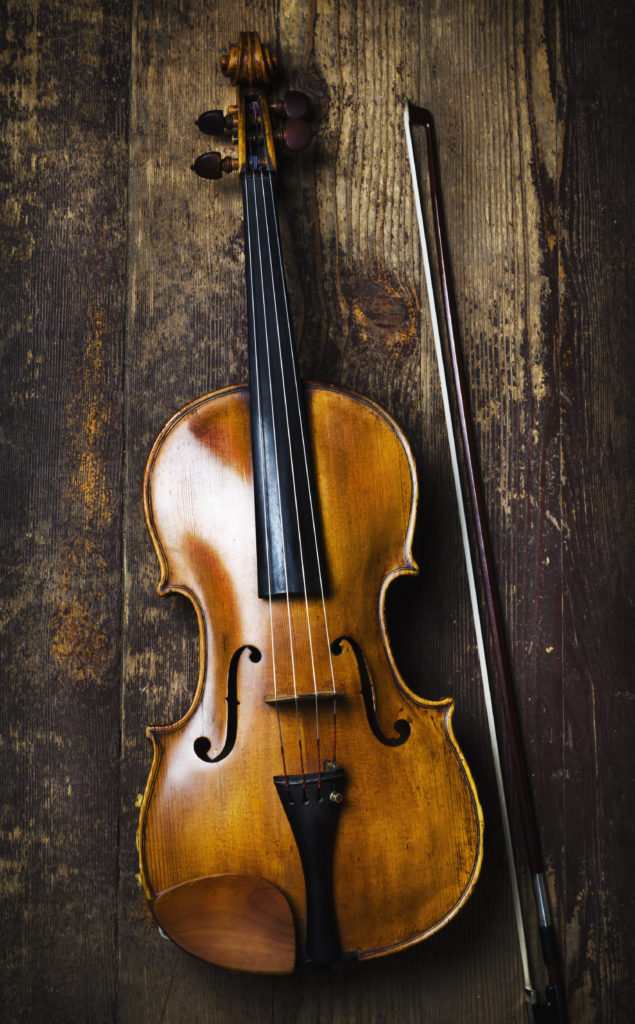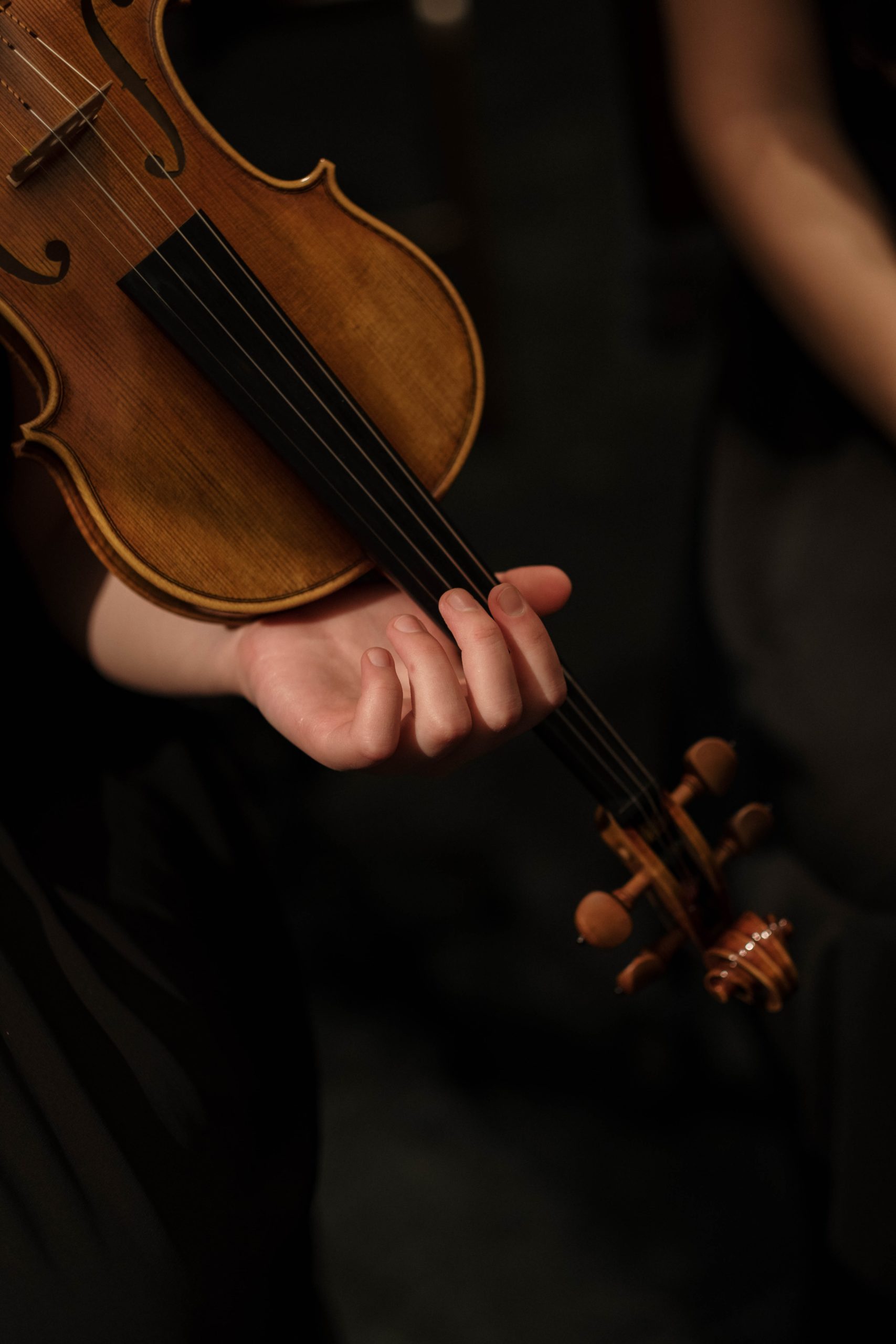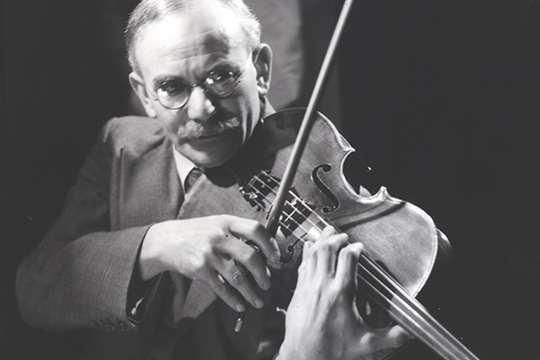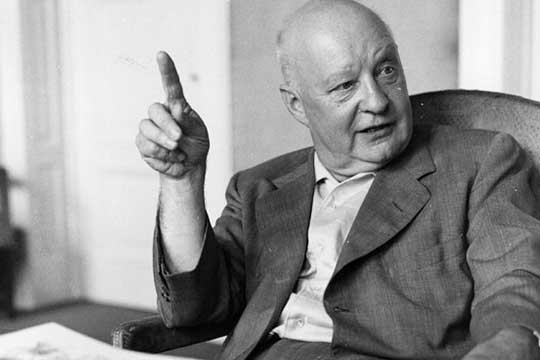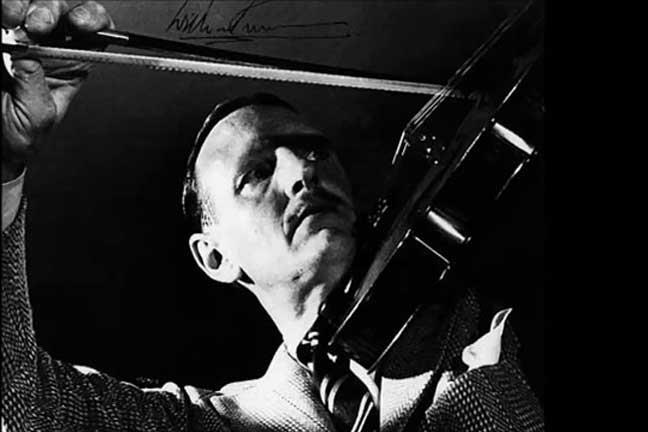Should you play viola? Well, the most important question to ask yourself is, Do you love the sound of the viola?
As was mentioned earlier, the viola has less star power than the violin, cello, or bass, but its beautiful and rich sound quality sets it apart. A modern violist is a team player, who at any moment must be able to jump in and take the lead rhythmically or melodically. A violist tends to have some of the best ears and listening skills of all of the strings due to their location in the center of the orchestra and their middle range of notes amongst the strings. It should be stressed that violists can do anything that violin, cello, or basses can do. It is up to you, the player, to make the viola sing!
It used to be said that violists have more opportunities to play and gain employment than violinists and cellists. That may still be the case to a certain extent, but much less so than in the past. The level of viola playing has risen in the last 100 years and dramatically so in the last 20 to 30 years, when the level and expectations for violists has increased while the number of traditional performing jobs continues to shrink. The bright side to this trend is that the viola has risen to higher and higher artistic standards. There still is performing work out there, but only for very good violists! Recent viola openings in top orchestras have attracted hundreds of applicants. Hundreds of violists for one spot!
Not ready to audition for the New York Philharmonic just yet? Or you haven’t even played the viola? If you want to start playing the viola, there are some physical considerations for youngsters. The smallest violas that are available are 12 inches, which is about the same size as a half-sized
violin. Students that are 8 or 9 should be big enough to play a 12-inch viola. Smaller violins may be strung with viola strings with some success, but the sound is usually lacking. As I said before, the reason to play viola is for its sound! For all students and adults, there are many viola outfits (viola, bow, and case) being made for a couple hundred dollars that are perfect for a beginner. More advanced students would want to consider a viola in the $2000 range, and the sky is the limit for professional violists!
If you are switching over to the viola from violin, then you will need to learn how to read the alto clef, but that shouldn’t take too long. Remember that you still need to know treble clef to play the viola in higher registers, so you are ahead!

